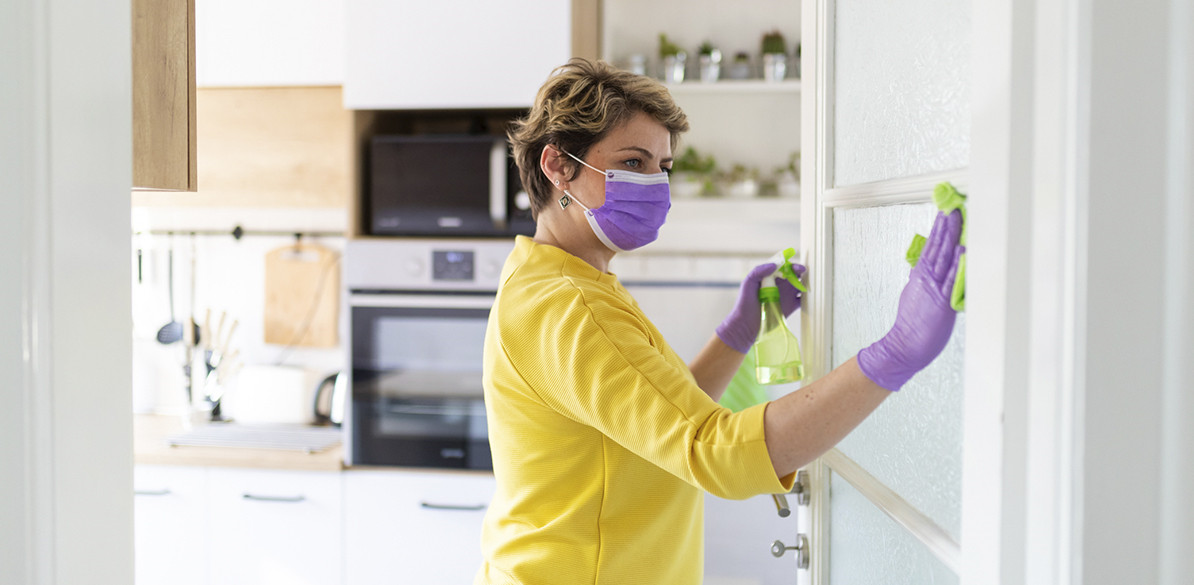And who cares for the caregivers?
A report on the sector by Aiudo reveals that 34% of caregivers are working without having registered with Social Security and 53% have worked in an irregular situation at some point.

Assessing and regulating the roles and the sector of domestic workers is a challenging task, given the difficulties involved in fighting the underground economy and a pandemic that has hardly helped to improve the conditions of caregivers.
According to the report on the sector conducted in late 2020 by Aiudo, up to 34% of domestic employees in Spain were working without having registered with Social Security. The report also revealed that 53% had worked in an irregular situation at some point, which confirms the overriding presence of an underground economy and the lack of regulation in this sector.
This snapshot of the sector also revealed that 46% of domestic employees have been charging a lower hourly rate than the established minimum (€7.43) due to a misinterpretation of Royal Decree 1620/2011 which led them to charge €6.91 per hour (seven percent less than the stipulated rate).
It is worth remembering that many caregivers have lost their jobs due to the pandemic, so the figure of more than 30% of domestic employees working without being registered with Social Security could well increase during 2021. This means that there are still some 180,000 people working without a contract.
Domestic employees are not self-employed
Although families cannot be forced into issuing a permanent contract, this would give greater stability to caregivers of seniors, providing them with greater security, and helping them to be more committed and focused on looking after the person in their care.
Domestic employees are not considered to be self-employed, so they cannot be compared to freelancers since they have a contract. An optimal supervisory process can ensure that domestic employees benefit from all their rights, such as vacations periods, severance pay, notice, sick leave, payroll breaks and overtime pay. This security is not currently provided for by the platforms that collaborate with freelancers.
Although many entities have openly affirmed the disappearance of the domestic helper, it should be remembered that there are older people who are not dependent, yet to provide a level of family care and to combat loneliness, the designated person is the domestic worker.
The truth is that although there is still a lot of work to do, it is essential to continue playing an active role towards achieving a fairer situation for the senior caregivers and to make the Government adhere to the ILO International Convention 189, which would equate the rights of domestic workers with those in the general Social Security system. Yet meanwhile, who cares for the caregivers?
